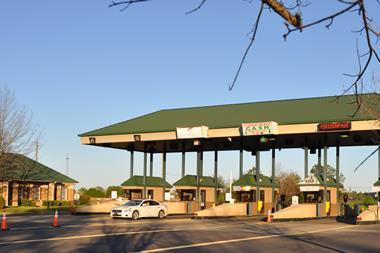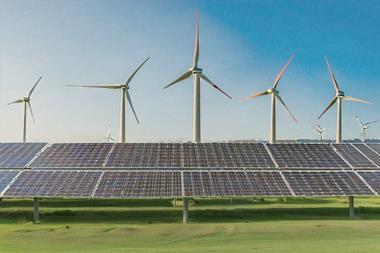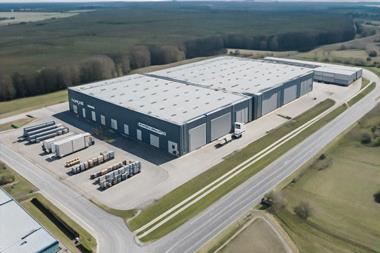Real estate fundraising slowed in 2018 while infrastructure had a record year, the latest numbers from Preqin show.
The data provider said 298 private real estate funds closed in 2018, raising a total of $118bn (€132bn) in 2018 – down from the $132bn raised by 406 funds the year before.
Meanwhile, 67 unlisted infrastructure funds raised $85bn at close in 2018, up from the 94 funds that raised $75bn in 2017.
Preqin expects both 2018 figures to rise by up to 10% as more information becomes available.
The average size of infrastructure funds rose from $864m in 2017 to $1.3bn last year with four funds raising $5bn or more. KKR Global Infrastructure Investors III created the largest vehicle, raising $7.4bn.
Today, 208 infrastructure funds are in the market targeting an aggregate $193bn. They include Brookfield Infrastructure Fund IV and Global Infrastructure Partners IV, which are each seeking $20bn, Preqin said.
At the start of 2019, there were 674 real estate funds in the market, seeking a total of $250bn.
Tom Carr, the head of real estate at Preqin said 2018’s real estate activity was “undoubtedly still substantial”, with funds raising more than $100bn for the sixth consecutive year, but the pace of fund closures had notably slowed.
“However, despite concerns about potential market corrections, it does not seem that investor appetite is slowing,” he said.
“It also appears that investors are not moving down the risk-return curve.”
Carr said debt funds had another strong year, but core and core-plus fundraising was less than half of 2017’s levels.
“This is despite many investors we interviewed saying that they were seeking to position themselves in anticipation of a correction and would be targeting these lowerrisk strategies in the coming months,” he said.
Patrick Adefuye, the head of real assets at Preqin, said infrastructure funds raised “almost twice as much capital” as they did “as recently as 2014”, having set three consecutive annual fundraising records.
He said: “It is testament to the appetite that investors have for infrastructure – its diversification, inflation-hedging and income stream potential are all key advantages, especially given the concerns many investors have about a prospective market downturn.”
However, investors to have become more selective, choosing established managers over emerging ones, Adefuye said.
“While the largest firms are able to set successive fundraising records, the number of funds closing overall is falling, putting more pressure on smaller firms with vehicles in market,” he said.
Infrastructure fundraising up, but deal activity down
Preqin’s data has also revealed that in 2018, 2,454 infrastructure deals were made worth a total $322bn, down on the 3,165 deals made for a total of $387bn in 2017. The figure is expected to rise by up to 5% as more information becomes available.
Renewable energy accounts for an ever-greater majority of infrastructure deals, making up 45% of deals in 2016 and 57% of deals in 2018.
The largest deal completed in 2018 was the sale of Innogy to Eon for €20bn, which was the largest renewable energy deal ever. The second largest deal in 2018 was the acquisition of Direct Energie by Total for €14bn.
“Following a peak in 2016, which saw a record amount of capital invested in infrastructure, the industry has seen deal activity decrease year on year,” Adefuye said.
“The number of deals made in 2018 has declined from 2017, posing a particular challenge at a time when fundraising is at record levels.”
Adefuye said the influx of capital had helped elevate asset pricing and made it more difficult to find attractive investment opportunities.
“On the flipside, renewable energy has had a stellar year, accounting for over half of deals made.”















